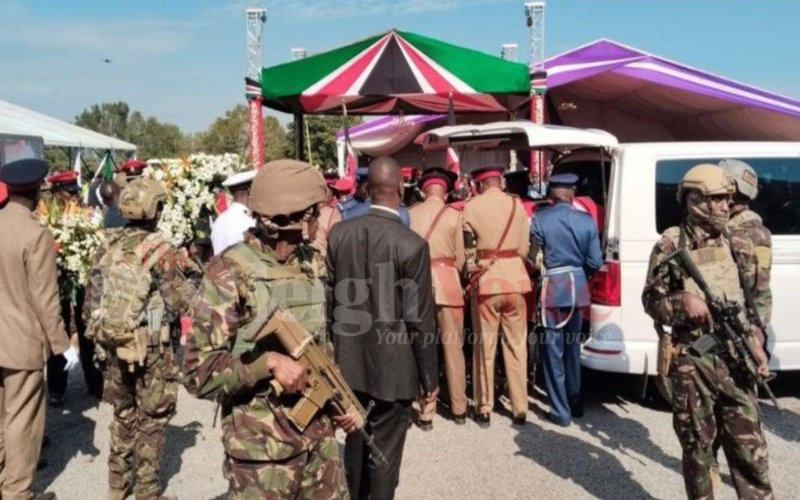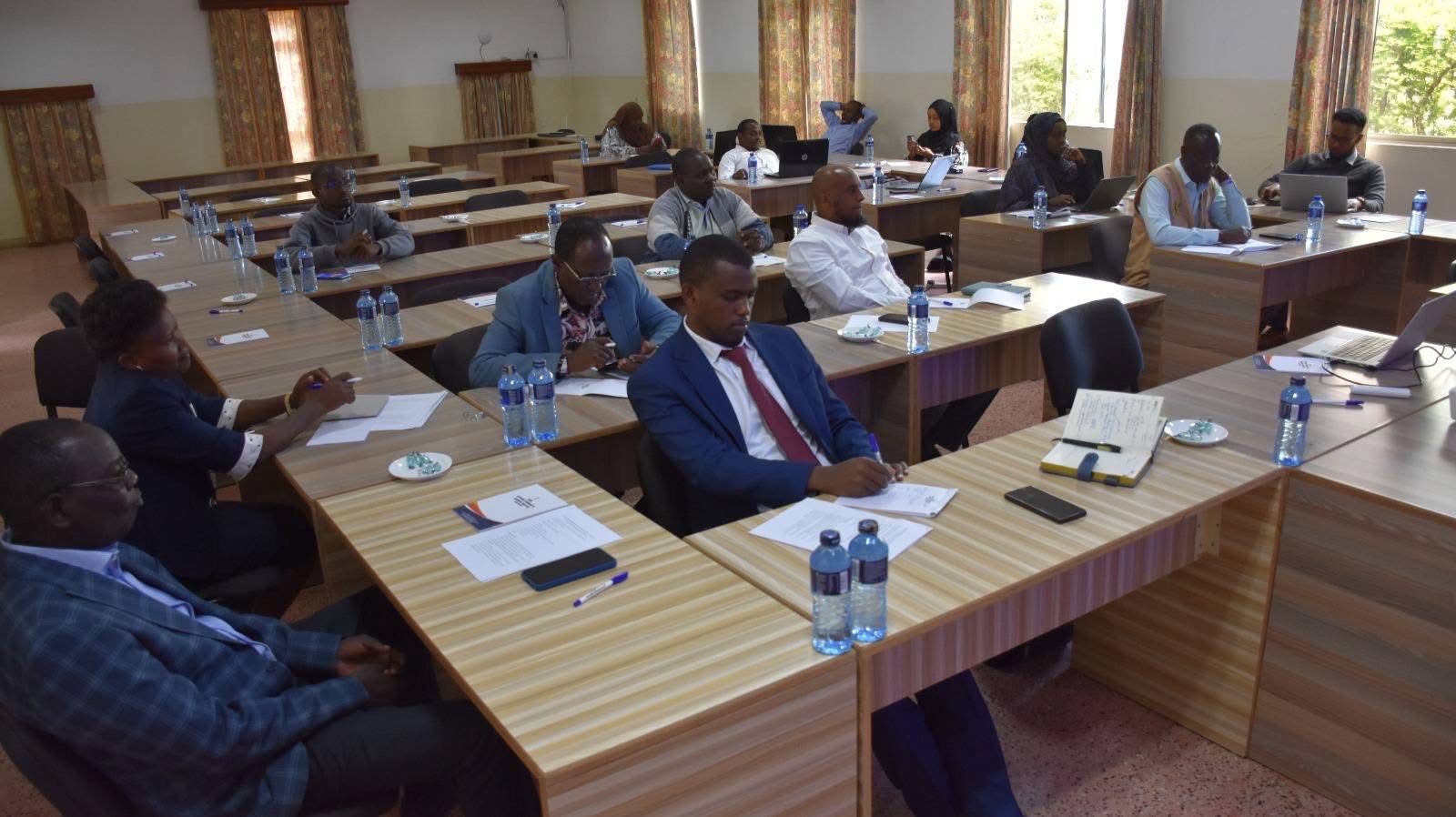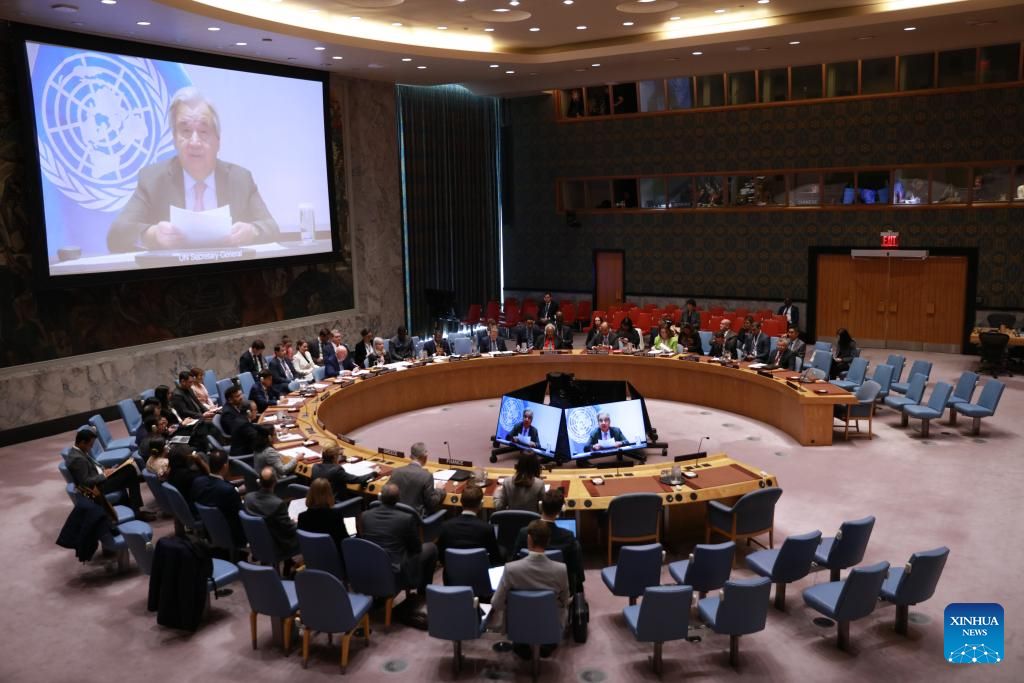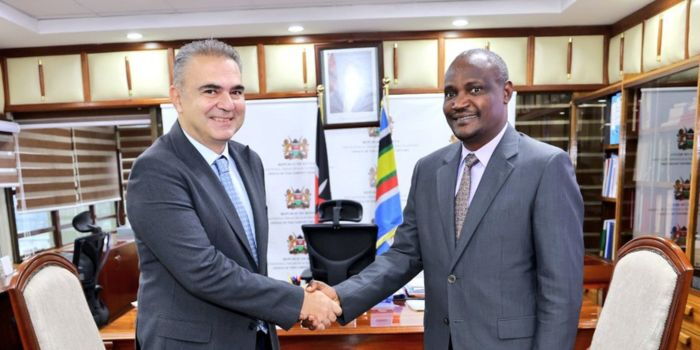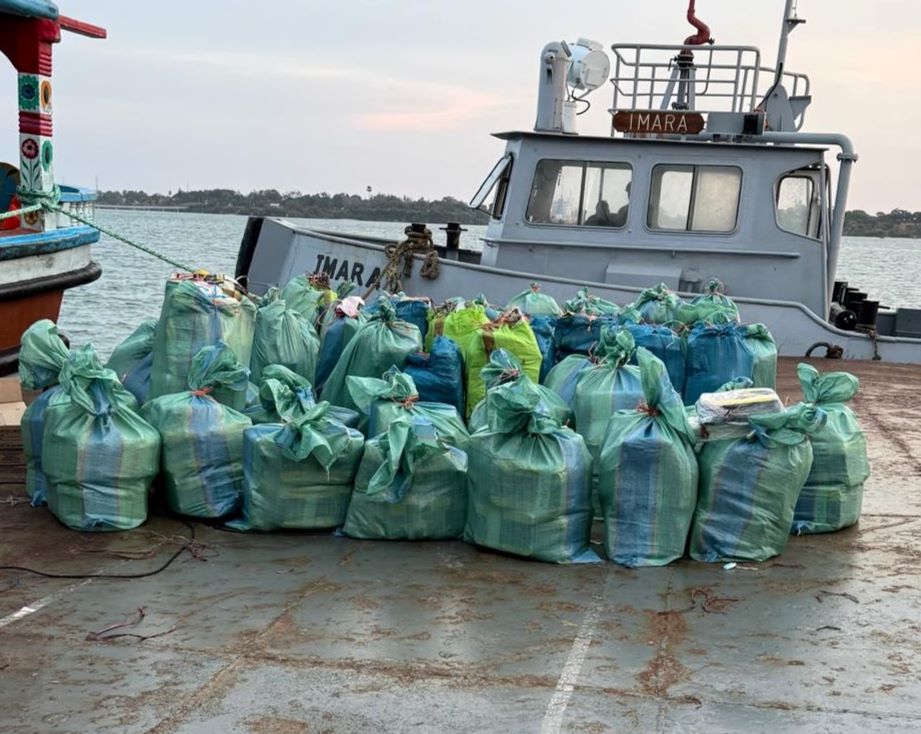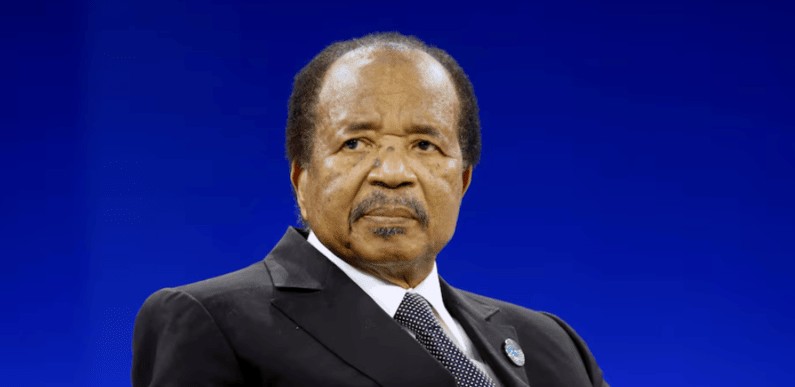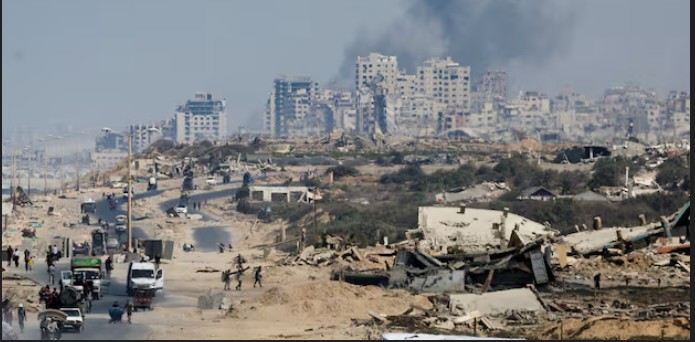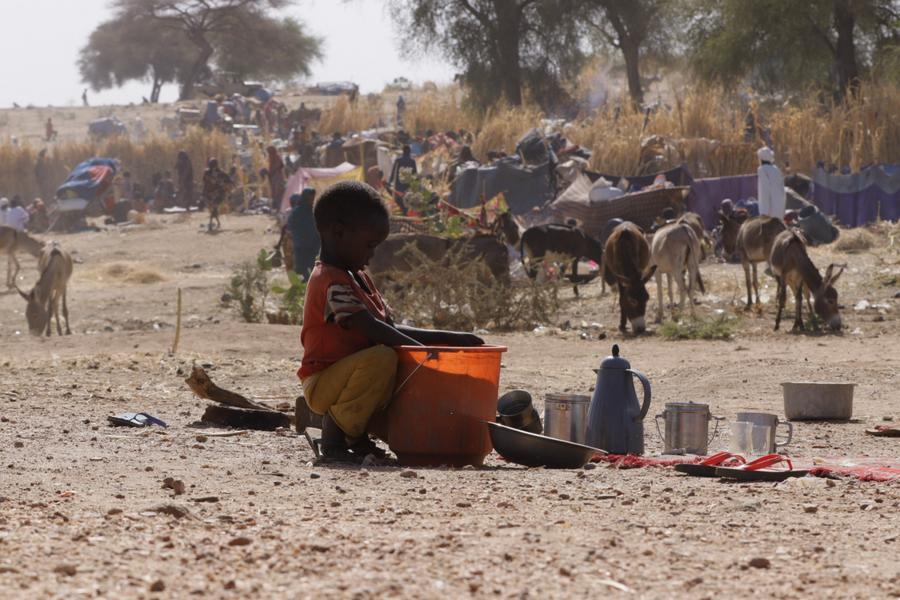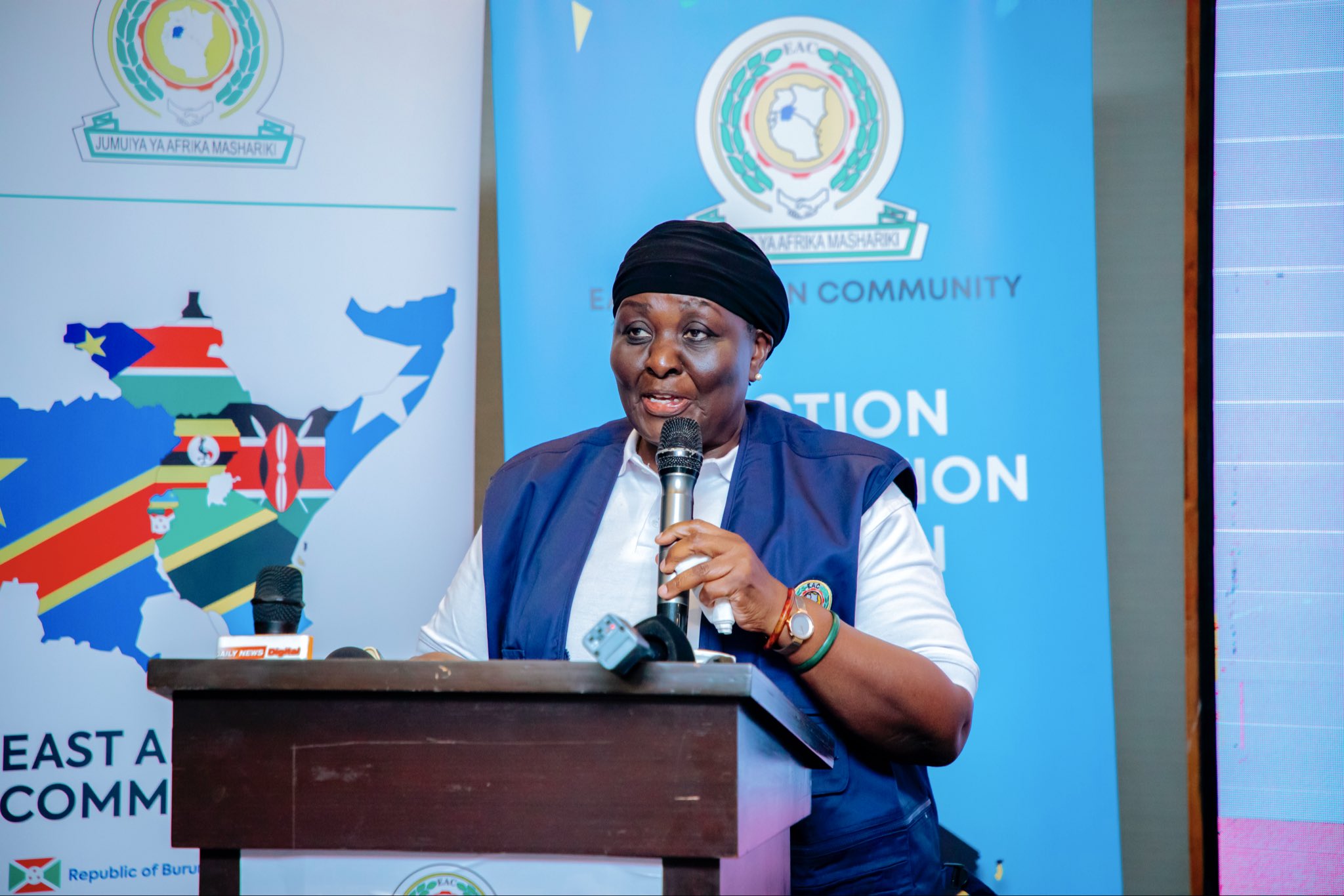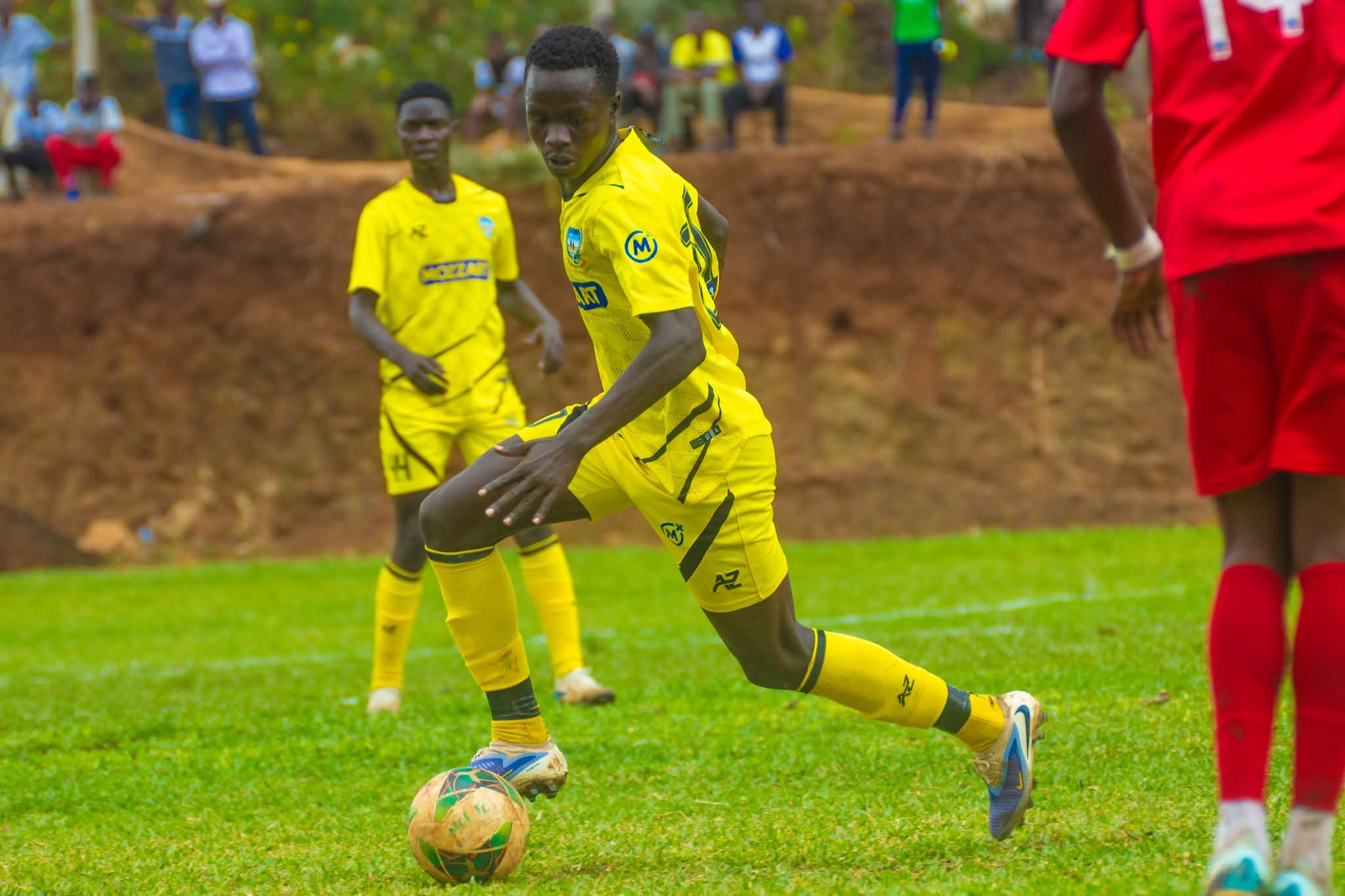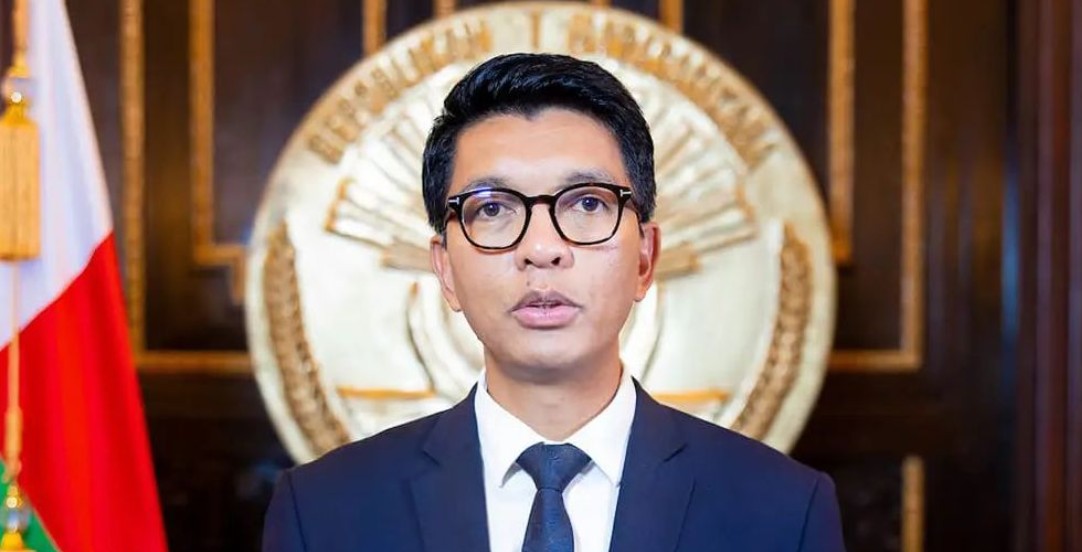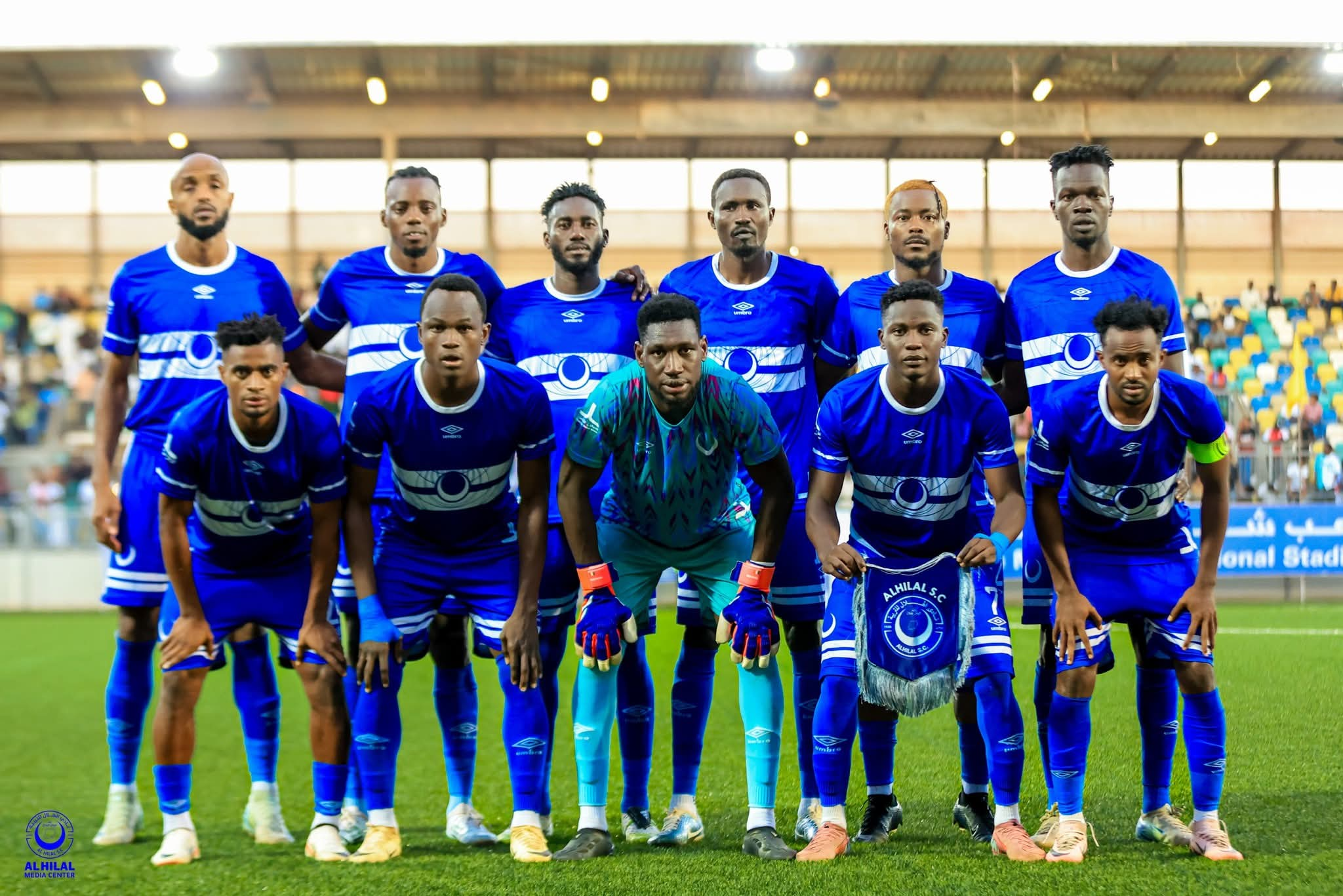Sudan tells World Court UAE fuels Darfur genocide
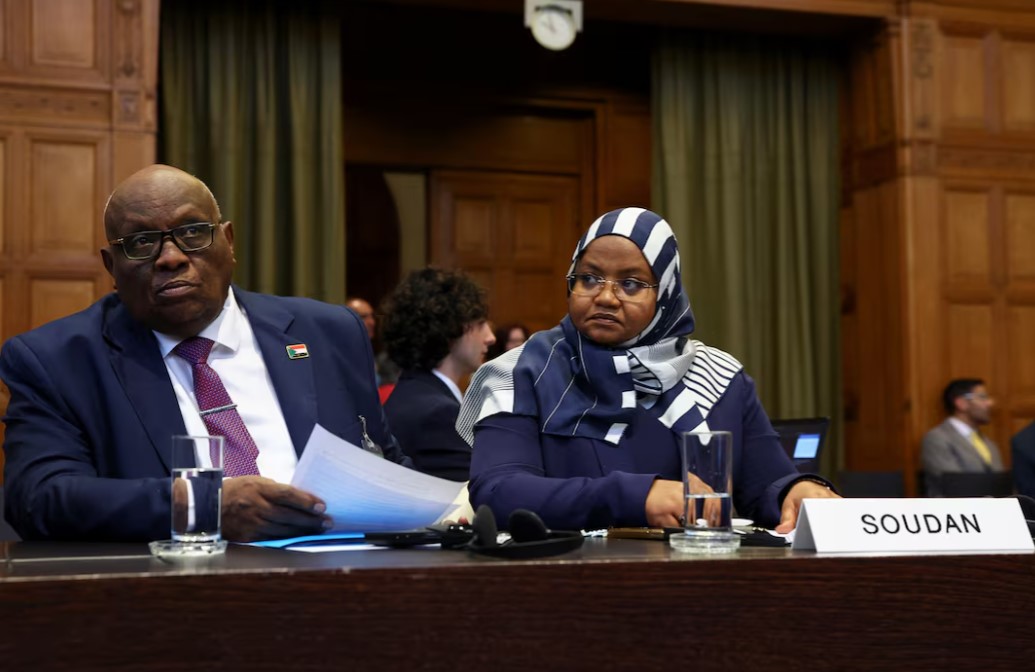
The UAE has repeatedly dismissed the filing of the case as a political game and have argued the ICJ, also known as the World Court, has no legal power to hear Sudan's claim and asked judges to throw out the case.
Sudan told the International Court of Justice on Thursday that the United Arab Emirates was violating the Genocide Convention by supporting paramilitary forces in Darfur, but the UAE argued the case should be thrown out as the court lacked jurisdiction.
Sudan asked the judges to issue emergency preventative orders in the case, focused on intense ethnic-based attacks by the paramilitary Rapid Support Forces and allied Arab militias against the non-Arab Masalit tribe in 2023 in West Darfur, documented in detail by Reuters.
More To Read
- Libya rescues 49 Sudanese migrants off western coast
- Kenya lobbies Tanzania to support Prof. Phoebe Okowa’s candidature for ICJ judge
- Over 30 million people in Sudan in need of humanitarian assistance: UN agencies
- Sudan among countries facing widespread mine and explosive contamination – UN report
- Suicide drones struck Sudan's capital Khartoum, forcing airport closure amid escalating attacks
- IOM urges immediate aid as Khartoum returnees surpass one million
"The genocide against the Masalit is being carried out by the Rapid Support Force, believed to be Arab from Darfur, with the support and complicity of the United Arab Emirates," Sudan's acting justice minister, Muawia Osman, told the United Nations' top court.
The UAE has repeatedly dismissed the filing of the case as a political game and have argued the ICJ, also known as the World Court, has no legal power to hear Sudan's claim and asked judges to throw out the case.
"It is clear beyond doubt that there is no jurisdiction. We therefore call upon the court to remove the case from the general list," Reem Ketait, a top official at the UAE Ministry of Foreign Affairs, told the court.
Sudan accuses the UAE of arming the RSF which have been fighting the Sudanese army in a two-year-old civil war - a charge the UAE denies but U.N. experts and U.S. lawmakers have found credible.
"Since the start of the war, the UAE has not provided any arms or related materiel to either of the warring parties," Ketait told judges on Thursday.
Attacks against the Masalit were determined to be genocide by the U.S. in January.
As cases before the ICJ can take years to reach a final conclusion, states can ask for emergency measures which are meant to ensure the dispute between the states does not escalate in the meantime.
The Sudanese justice minister asked the court to order the UAE to prevent genocidal acts against the Masalit.
The judges generally rule on possible emergency preventative measures a few weeks after the initial hearings.
Top Stories Today
